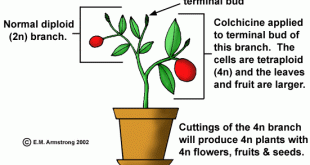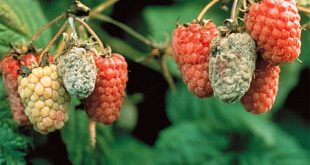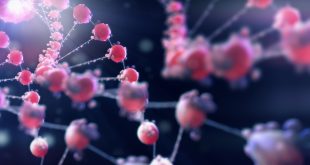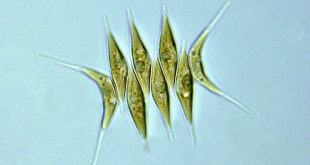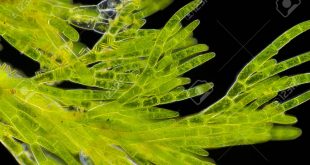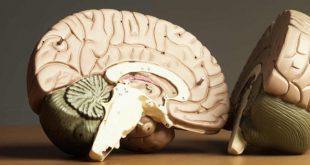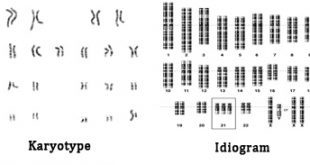Link of other two related artciles 1 and 3. This is number 2. (Polyploidy: A Game with Chromosome Numbers) (Allopolyploidy: Mixing up Different Genomes) Euploids Get Free Netflix Now Best safe and secure cloud storage with password protection GPL Themes For Free Get Envato Elements, Prime Video, Hotstar and Netflix …
Read More »TimeLine Layout
May, 2019
-
27 May
The Disease Cycle: Stages of Disease Development
Who hasn’t seen plants with some kind of abnormalities? We all have, right? Sometimes in the form of some black spots or white powders in the leaves; or sometimes those rotten roots or stems; or maybe those holes in the fruits that are making them inedible and many more. Perhaps …
Read More » -
27 May
Microbiology: Stories in Extreme Habitats
WHAT IS EXTREME ENVIRONMENT? An extreme environment exhibits conditions which are challenging for most life forms. These may be extremely high or low ranges of temperature, radiation, pressure, acidity, alkalinity, air, water, salt, sugar, carbon dioxide, sulfur, petroleum and many others. An extreme environment is one place where humans …
Read More » -
26 May
Replication of Circular DNA: Rolling Circle Model
DNA Before discussing “The Replication Of Circular DNA”, first we are going to give a short introduction to DNA. DNA or Deoxyribonucleic acid is the hereditary material present in all living organisms through which the characteristics of one generation are transmitted to the next one. It contains the genetic information …
Read More » -
26 May
উদ্ভিদের সাথে পরিচিতিঃ মধু লনিসেরা Lonicera japonica
আমাদের গল্পের জায়গায়, কার্জনহলের মেহগনি গাছের নিচে যখন বসতাম আশে পাশের গাছগুলো মুগ্ধ করতো আজো মুগ্ধ করে বলেই সেখানে বসা। সেখানে প্লাস্টারকরা বোর্ডের পাশেই মাটিতে লতানো একটা অচেনা উদ্ভিদ ছিলো। একদিন আমি আর আমার বন্দ্ধ শামীম বসে ছিলাম। এইদিক ঐদিক দেখতে দেখেতেই হঠাৎ সেদিকে নজর পড়লো তাই কি ধরনের উদ্ভিদ, …
Read More » -
26 May
Evolution of Green Algae: Chlorococcine Trend
(Evolution of Green Algae has three articles based on its three trends. All of these articles start and end with same paragraphs. If you want to avoid these intros, directly migrate to the point “Chlorococcine line of evolution“). Evolution of Green Algae: Vovocine Trend Evolution of Green Algae: Tetrasporine Trend …
Read More » -
26 May
Evolution of Green Algae: Tetrasporine Trend
(Hello..readers, Evolution of Green Algae has three articles based on its three trends. All of these articles start and end with same paragraphs. If you want to avoid these intros, directly migrate to the point “Tetrasporine line of evolution” which is after the second horizontal line). Evolution of Green Algae: Volvocine …
Read More » -
25 May
Prion: The Mysterious Infectious Agent
What is prion? Prion is a term first used to describe the mysterious infectious agent responsible for several neurodegenerative diseases found in mammals,including Creutzfeldt-Jakob diseases(CDJ) in humans. The word itself derives from ‘proteinaceous infectious particle’; It refers to the initially heretical hypothesis is that the infectious agent causing those diseases …
Read More » -
23 May
Polyploidy: A Game with Chromosome Numbers
Polyploid Organism bearing the exact multiple of the basic chromosome number (x) of the species. In polyploid cells and organisms, the number of chromosome sets exceeds that of diploid. Depending on the number of chromosome sets, polyploid can be classified as triploids, tetraploids, pentaploids etc. Good to know In potato, …
Read More » -
23 May
Karyotype and Idiogram : A way to provide preliminary idea about Genome
Karyotype Most living organisms have chromosomes as the structural and functional units of genetic information in their cells. The number and appearance of chromosomes vary species to species. A karyotype is an organized profile of total chromosomes in a species or in an individual organism. It gives a preliminary idea …
Read More »
 Plantlet The Blogging Platform of Department of Botany, University of Dhaka
Plantlet The Blogging Platform of Department of Botany, University of Dhaka
